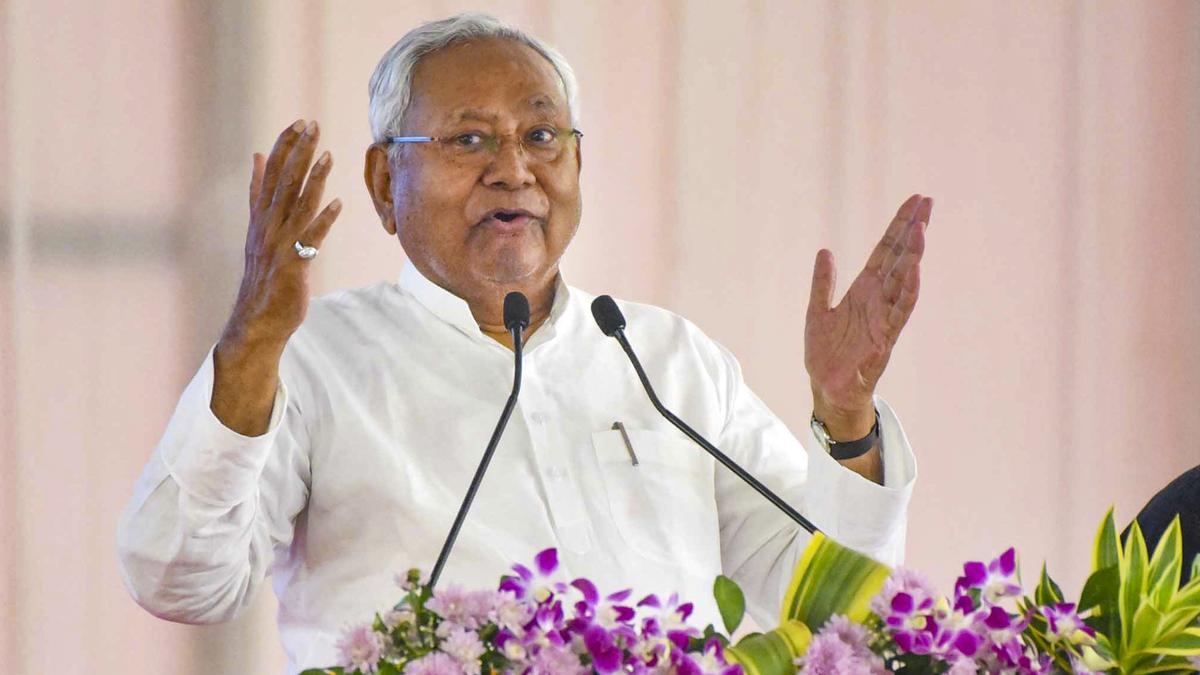Now Reading: Bihar Mandates Domicile for Women’s Job Quota
-
01
Bihar Mandates Domicile for Women’s Job Quota
Bihar Mandates Domicile for Women’s Job Quota

Swift Summary
- Bihar Cabinet Decisions:
– Teh Bihar Cabinet (July 8, 2025) approved a proposal making domicile mandatory for women to access the 35% reservation in State government jobs.
– Previously, women outside Bihar could benefit from this policy introduced in 2016.
– Non-domiciled women will now be treated as general category candidates when applying for jobs in Bihar.
- Bihar Youth Commission:
– A new “Bihar Youth Commission” has been approved to empower youth through skill advancement and employment opportunities.
– Responsibilities include advising the government on education and employment matters, monitoring priorities for private-sector hiring within the State, supporting youth working/studying outside Bhutan, and substance abuse prevention.- Structure includes a chairman (max. age: 45), two vice-presidents, and seven members.
- Social Welfare Initiatives:
– the “Mukhya Mantri Divyangjan sashaktikaran Yojana (Sambal)” was introduced:
– Incentives of ₹50,000 (BPSC) or ₹1 lakh (UPSC) offered to persons with disabilities from Backward Classes/economically Weaker Sections who clear preliminary exams.
- Agriculture Subsidy:
₹100 crore sanctioned as diesel subsidy to farmers due to possible irregular monsoons/drought impacting crops like paddy, maize, jute.
- Opposition Critique:
RJD leader Tejashwi Yadav criticized the NDA government for “copycat governance,” claiming formation of the Youth Commission mirrored an earlier promise made by his party during election campaigns.
Indian Opinion Analysis
The recent Bihar Cabinet decisions reflect targeted efforts toward addressing localized needs through tailored policies. Limiting women’s reservation benefits exclusively to domiciled individuals marks a shift toward prioritizing State identity while potentially narrowing inclusivity for applicants outside Bihar. This move might resonate during upcoming elections but could invite broader discussions on exclusionary practices.
Establishing a Youth Commission positions Bihar towards holistic long-term investment in its younger population’s employment prospects. While positively contributing with forward-looking objectives like skill enhancement and engagement against drug/alcohol abuse issues-it aligns with voter-centric promises amidst political sparring seen between RJD and ruling NDA factions.The reaction echoes typical campaign dynamics meaningful rural areas broad payoff-plan handing/kata timely assembly prepentials























